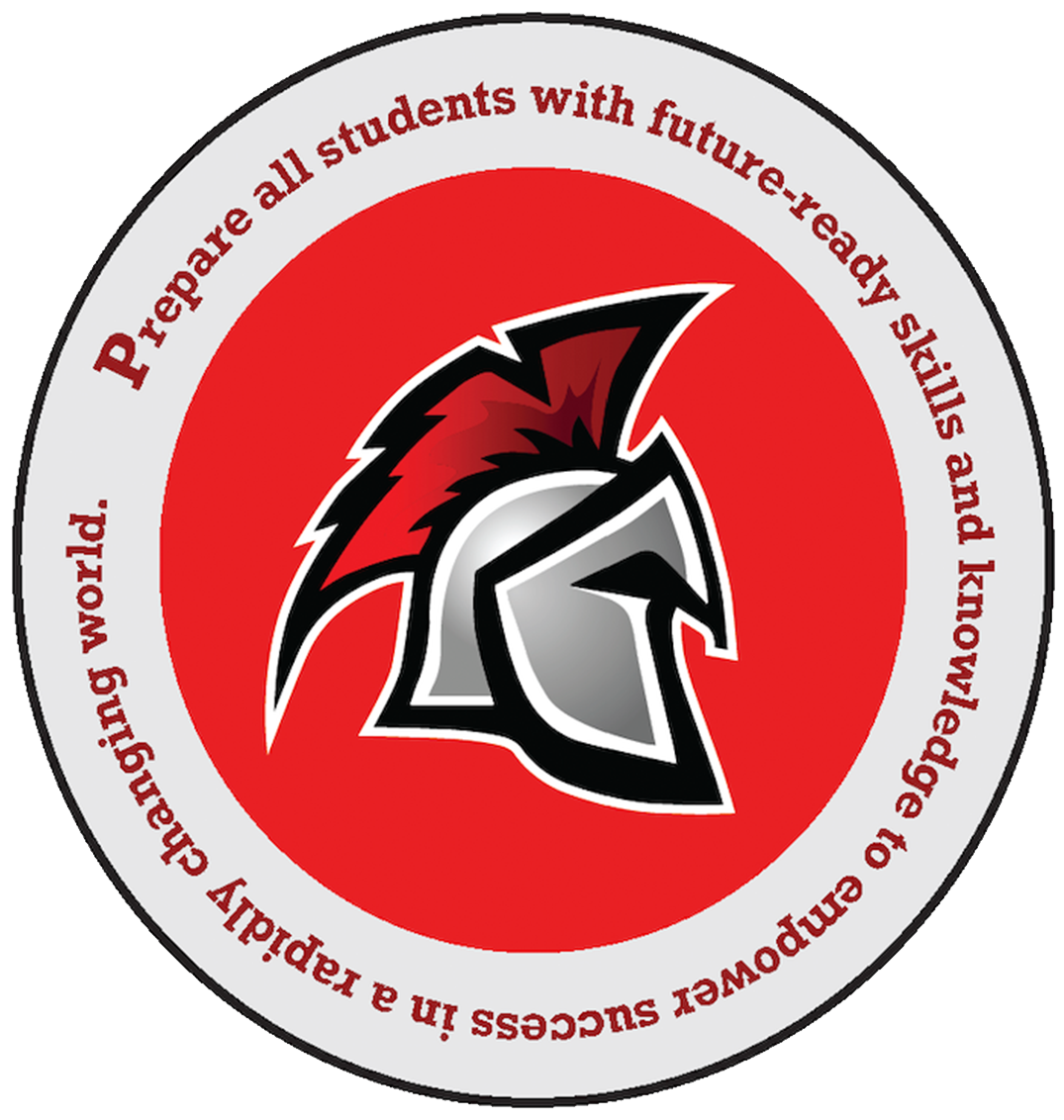Seventh-grade students at Sanford Middle School participated in the annual "JA in a Day: Economics for Success" program on Wednesday. The day-long event immersed students in essential financial literacy concepts as they rotated through interactive sessions designed to prepare them for future financial independence.
"Sanford Middle School has been partnering with the organization Jr. Achievement of Maine for over 10 years," explains social studies teacher Erin Barry. "Jr. Achievement pairs volunteers from the business community with classrooms to teach students lessons about personal finance. These lessons include topics such as credit scores, budgeting, saving and spending, etc... These authentic lessons prepare students for financial success in the real world."
The program brought financial professionals from the local community into classrooms, including representatives from Tyler Technologies, Atlantic Federal Credit Union, Partners Bank, United Way, and Kennebunk Savings Bank. These volunteers guided students through practical workshops focusing on budgeting, distinguishing between needs and wants, understanding credit, and planning for future income.
"When you live on your own, you'll find that very little things are going to be free," one volunteer explained to students during a session on essential versus non-essential expenses. This revelation sparked thoughtful discussions as students began to grasp the financial responsibilities of adulthood.
Students explored important questions about saving, spending, and career planning throughout the day. Volunteers shared personal experiences from their professional journeys, emphasizing how skills and interests can translate into career paths. The presentations encouraged students to reflect on their own strengths and consider how these might shape their future opportunities.
The social studies department coordinated the event as part of the school's ongoing commitment to financial education. Department members prepared all materials in advance and ensured students were ready to engage with presenters throughout the day's four sessions: Managing My Money, Paying For My Needs and Wants, My Credit and Spending, and Planning For My Future Income.
As students moved from session to session between 8:30 am and 1:05 pm, they gained valuable insights into the connections between education, career choices, and financial well-being—essential knowledge that complements the school's own financial literacy curriculum and provides practical context for academic learning.

